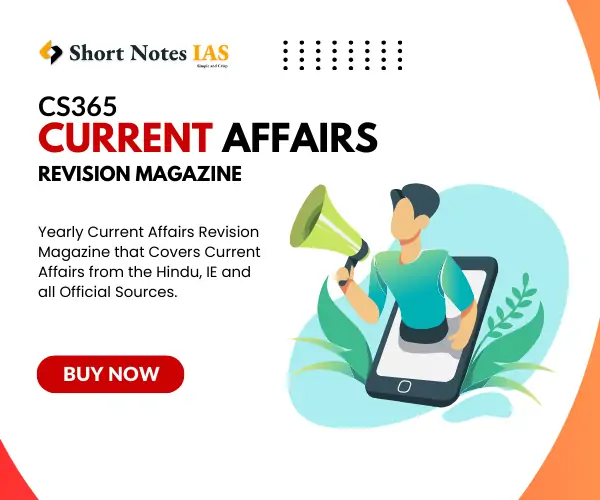
Maldives is in the midst of a deep political crisis. President Abdulla Yameen has declared a state of emergency just days after the Supreme Court of the atoll nation ordered the release of political prisoners. The release of prisoners could have been a great step towards ensuring a free and fair election in the country later this year. But Yameen has not only refused to abide by the orders of the judiciary but has gone ahead and arrested Supreme Court judges and members of the opposition. Mohamed Nasheed, Maldives’ former president and currently an opposition leader-in-exile, has urged India to come to the rescue of democracy in his country.
The Indian government, says a press release by the ministry of external affairs, is disturbed by the actions of the Yameen government. Statementsfrom Washington and London are harsher on Yameen. Only China has (implicitly) supported Yameen by urging “all relevant parties in Maldives” to resolve differences “through dialogue and negotiation”. But even China has issued a travel advisory warning its citizens against visiting Maldives, just like India, the US and others. The big questions before India are: Should it intervene to repair the situation in Maldives? And should it be ready to use military force, if required, to let Yameen know of New Delhi’s red lines?
India has indeed intervened militarily in Maldives once earlier. But the circumstances of Operation Cactus in 1988 were very different. The intervention by Indian paratroopers was at the invitation of the then dictator-president, Maumoon Abdul Gayoom—now a part of the democratic opposition, he was arrested on Monday night—who was facing a coup attempt by Sri Lankan mercenaries working for a Maldivian businessman. In the current situation, the demand for Indian intervention is by the opposition forces in Maldives.
Even if the 1988 precedent is not very helpful, the reasons for India’s intervention today are far more compelling. Ever since Yameen took power in 2013, India-Maldives relations have deteriorated. Apart from unabashedly crushing democratic forces, Yameen has courted Beijing and handed out big infrastructure projects to Chinese companies. He has openly challenged New Delhi by allowing Chinese naval ships to dock in Malé. Yameen’s relations with Saudi Arabia and the growing trend of radicalization in Maldives have also been areas of concern in New Delhi.
India has tried to maintain more than a working relationship with Yameen’s Maldives: New Delhi helped Maldives overcome a water crisis in 2014 and hosted the Maldivian foreign minister just last month. But after the 1 February order of the Maldivian Supreme Court, India clearly chose to support democratic forces in the Indian Ocean country. Once that choice was made—in other words, Yameen was completely alienated—there is no point in not going the whole distance. If Yameen stays without much alteration in Maldives’ internal balance of power, he will only be emboldened to act further against Indian interests. The argument that China is already a bigger power in the Indian Ocean despite India’s growing circle of liberal democratic friends would also receive greater currency.
It might make sense for India to sit out the internal affairs of faraway countries. But to do so in small, neighbouring countries will take away the mantle of regional leadership. It is true that India’s interventions in neighbouring countries will please some and alienate some, but that should be an acceptable cost for furthering Indian interests in the region. The plethora of interventions in other countries has earned the US a whole host of enemies but one cannot credibly think of a global superpower staying out of major crises just to earn some goodwill. China has traditionally been seen as a power that deals with the incumbent leadership of other countries but that no longer holds true. In recent months, China has helped mount a coup against dictator Robert Mugabe in Zimbabwe and has brokered an alliance of left parties in Nepal to fight the Nepali Congress, the party in power.
But there are genuine constraints as far as Indian intervention is concerned. India’s first priority is to ensure the safety of Indian tourists and workers in Maldives. An Indian intervention should not complicate the situation for Indian nationals. India should also think deeply about the instruments it can use to ensure a favourable outcome in Maldives. New Delhi’s intervention should be surgical, that is, one which makes the Yameen government capitulate without harming the people of Maldives. The use of a blunt instrument like the economic blockade in Nepal in 2015-16 might have temporarily brought the then K.P. Oli government to its knees but it also generated a backlash against India in Nepal’s hilly areas. The choice of instrument should also be such that it doesn’t make India a long-term participant in the partisan domestic affairs of Maldives. The lessons of the disastrous intervention in Sri Lanka (1987-90) should not be forgotten—the Indian Peace Keeping Force (IPKF) had to, apart from fighting a war, run the civilian administration in Jaffna and compete in winning the hearts and minds of the Tamil population.
The constraints notwithstanding, New Delhi should remember that if one petty dictator in the region is allowed to go scot-free after harming India’s interests, there will be more of them in future.
Source : Live Mint



